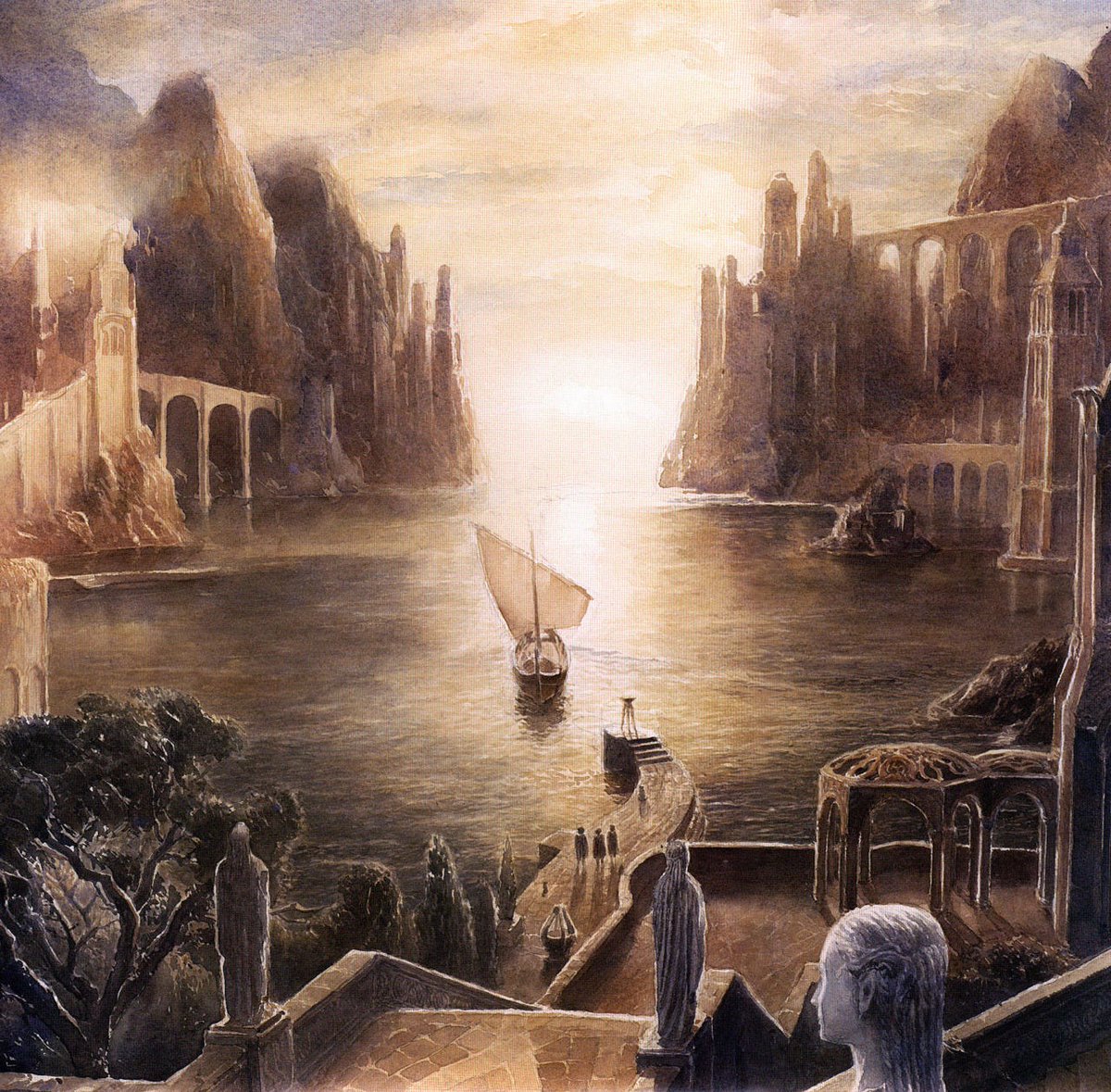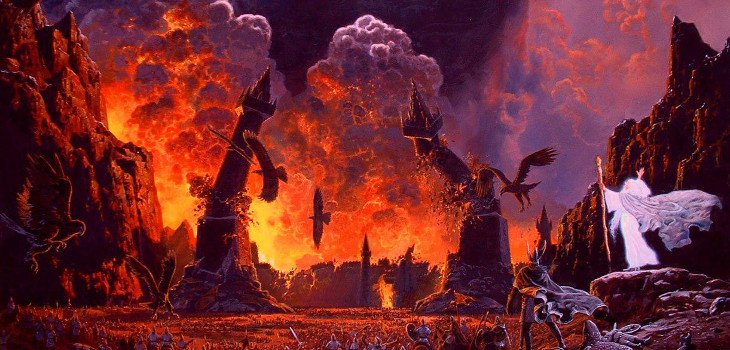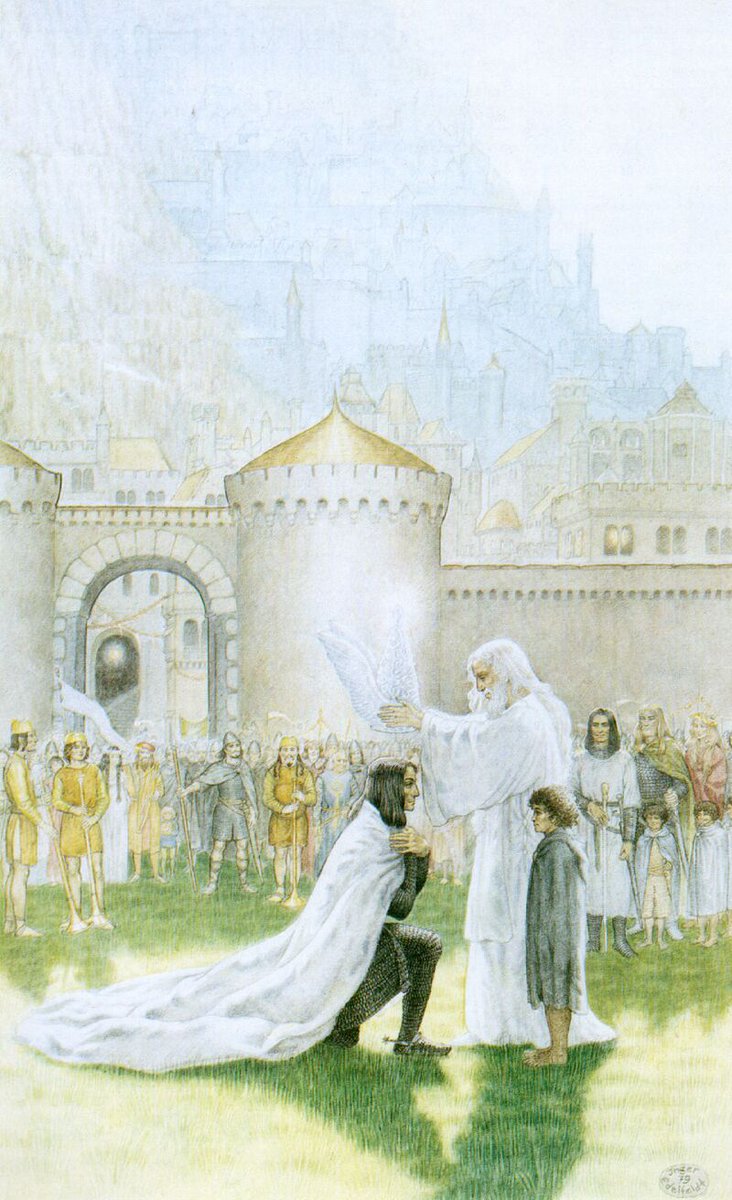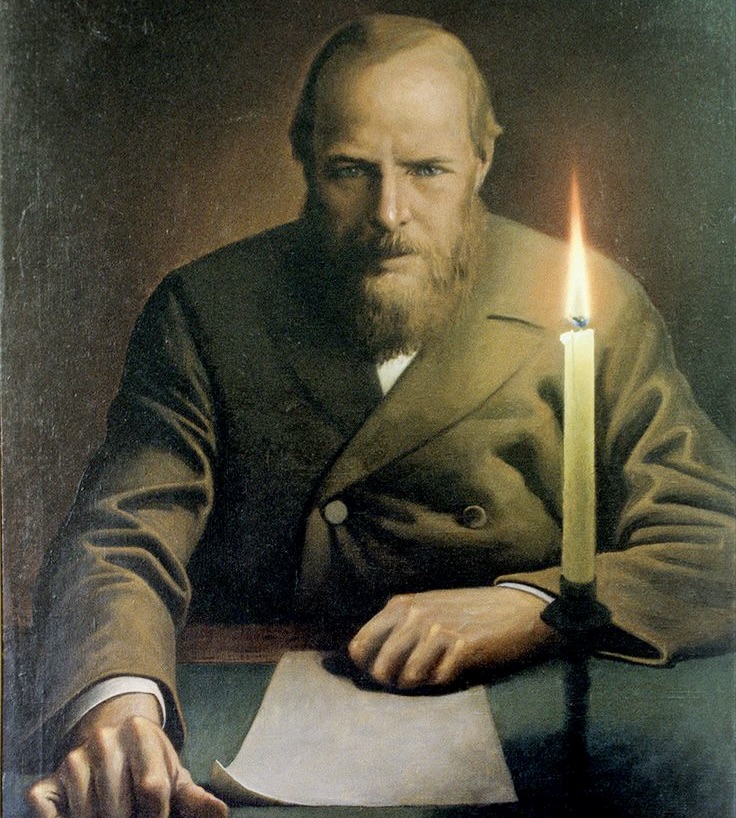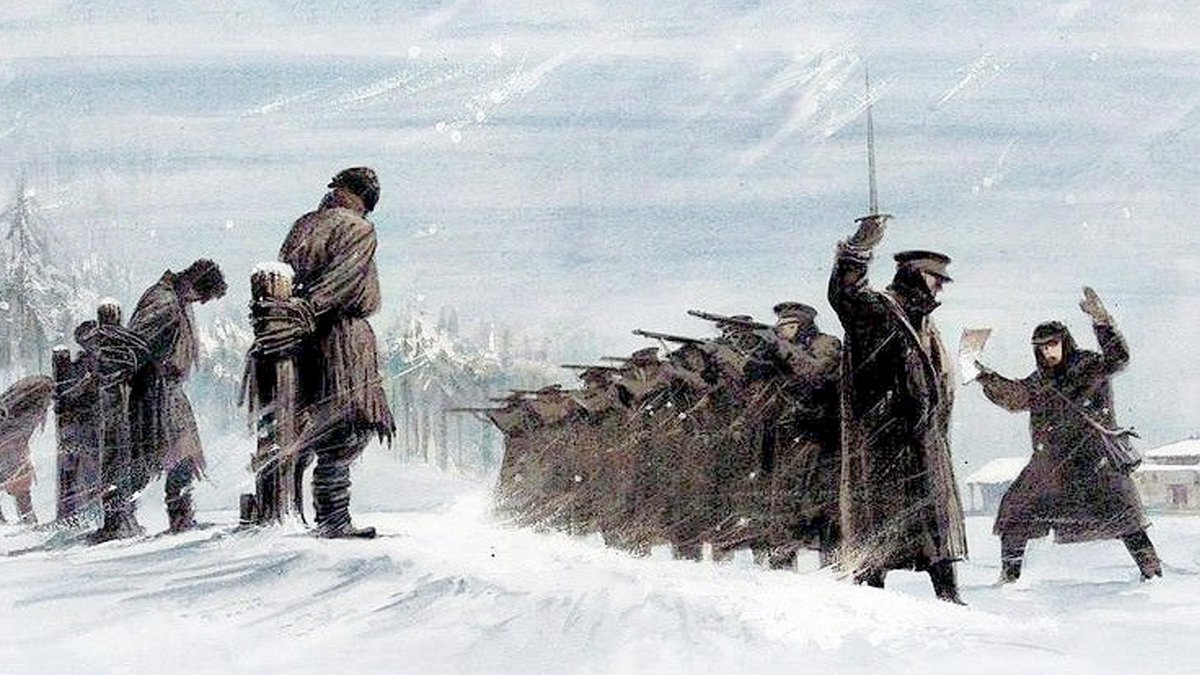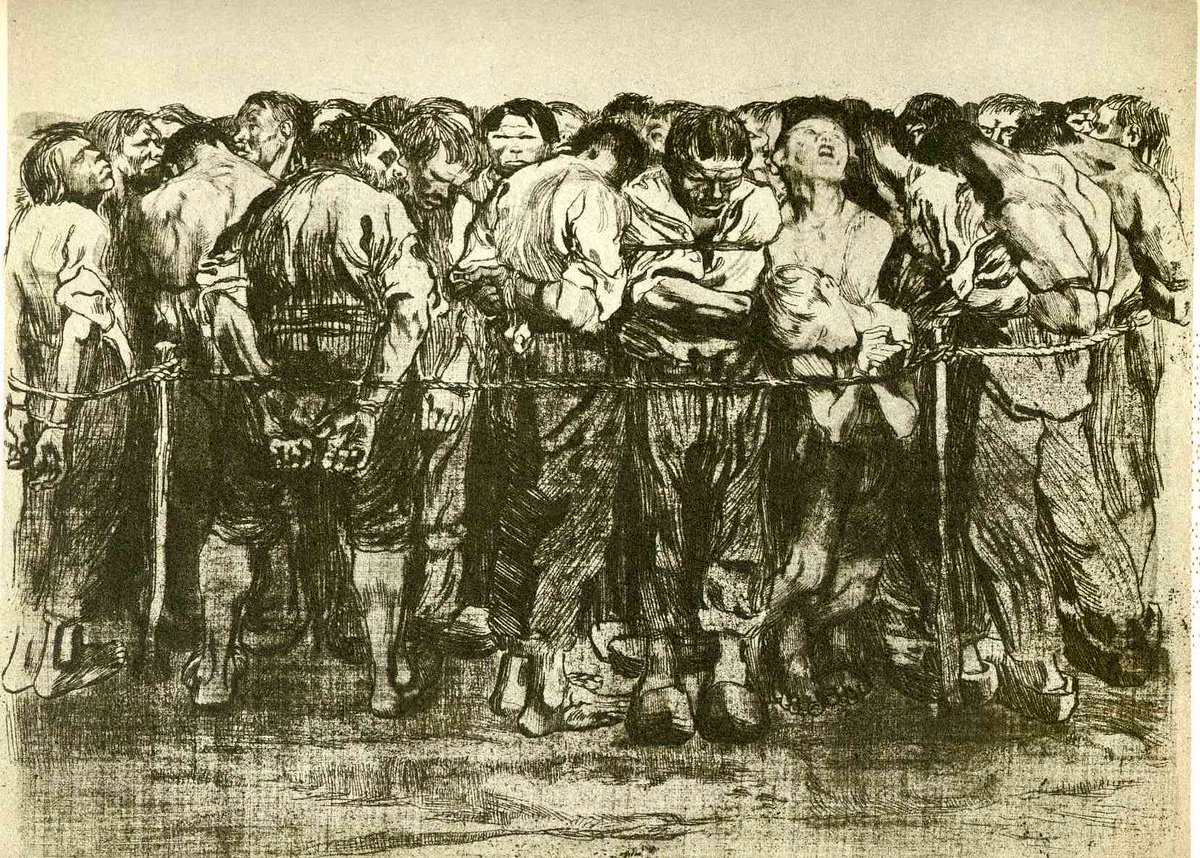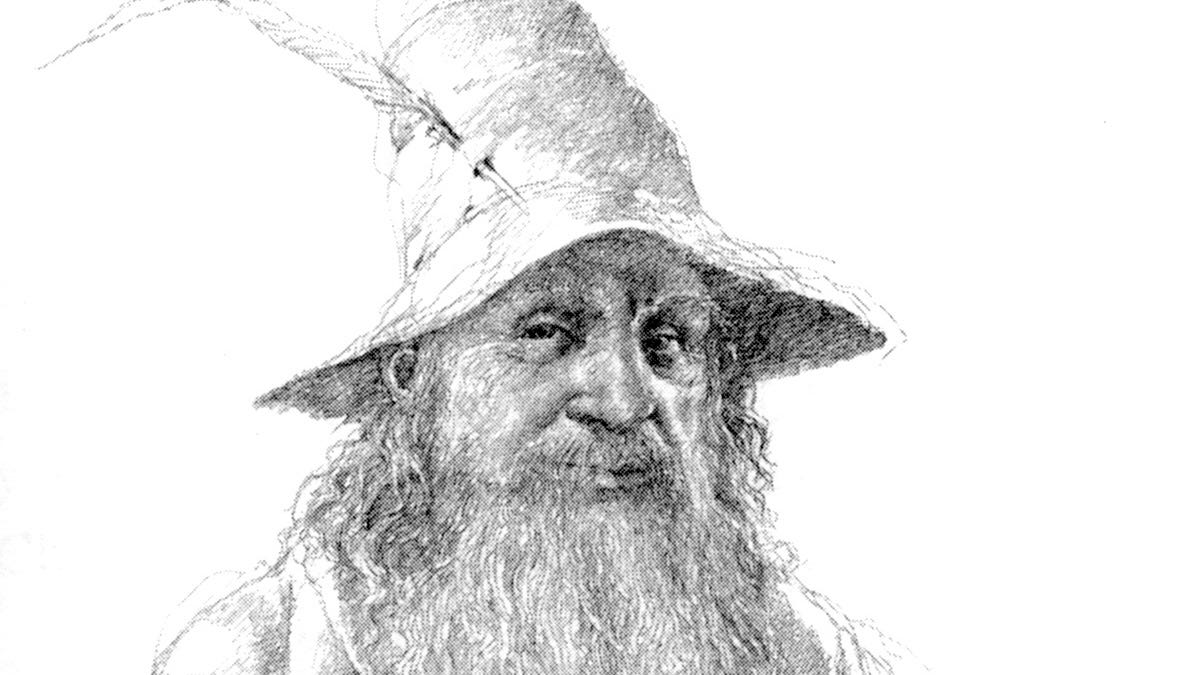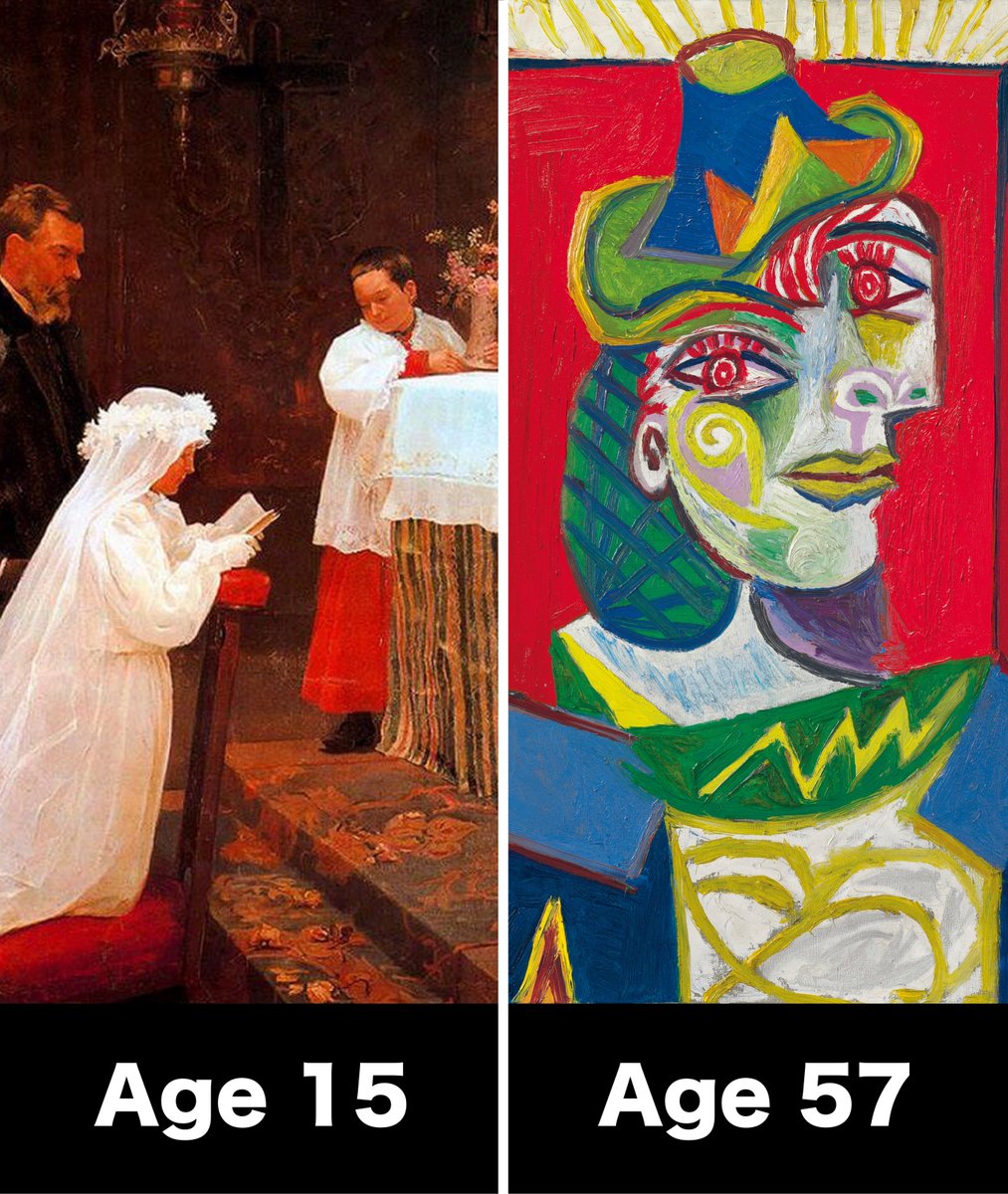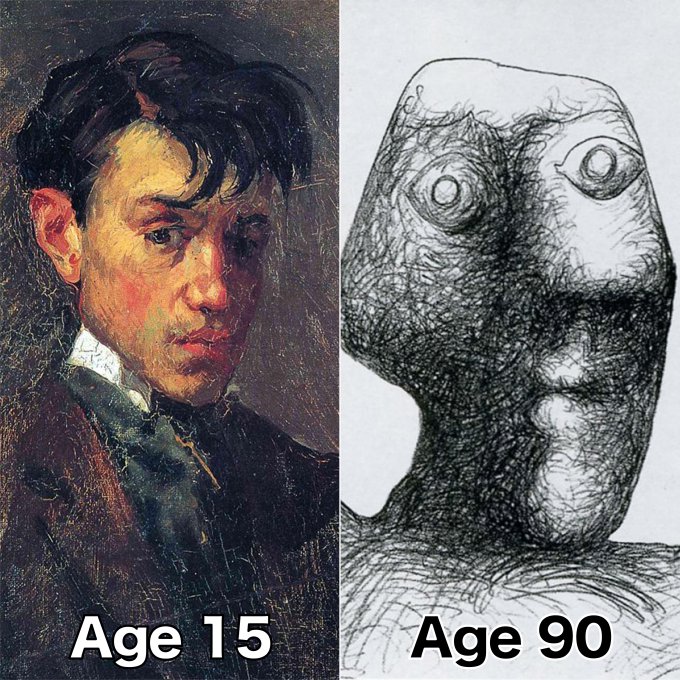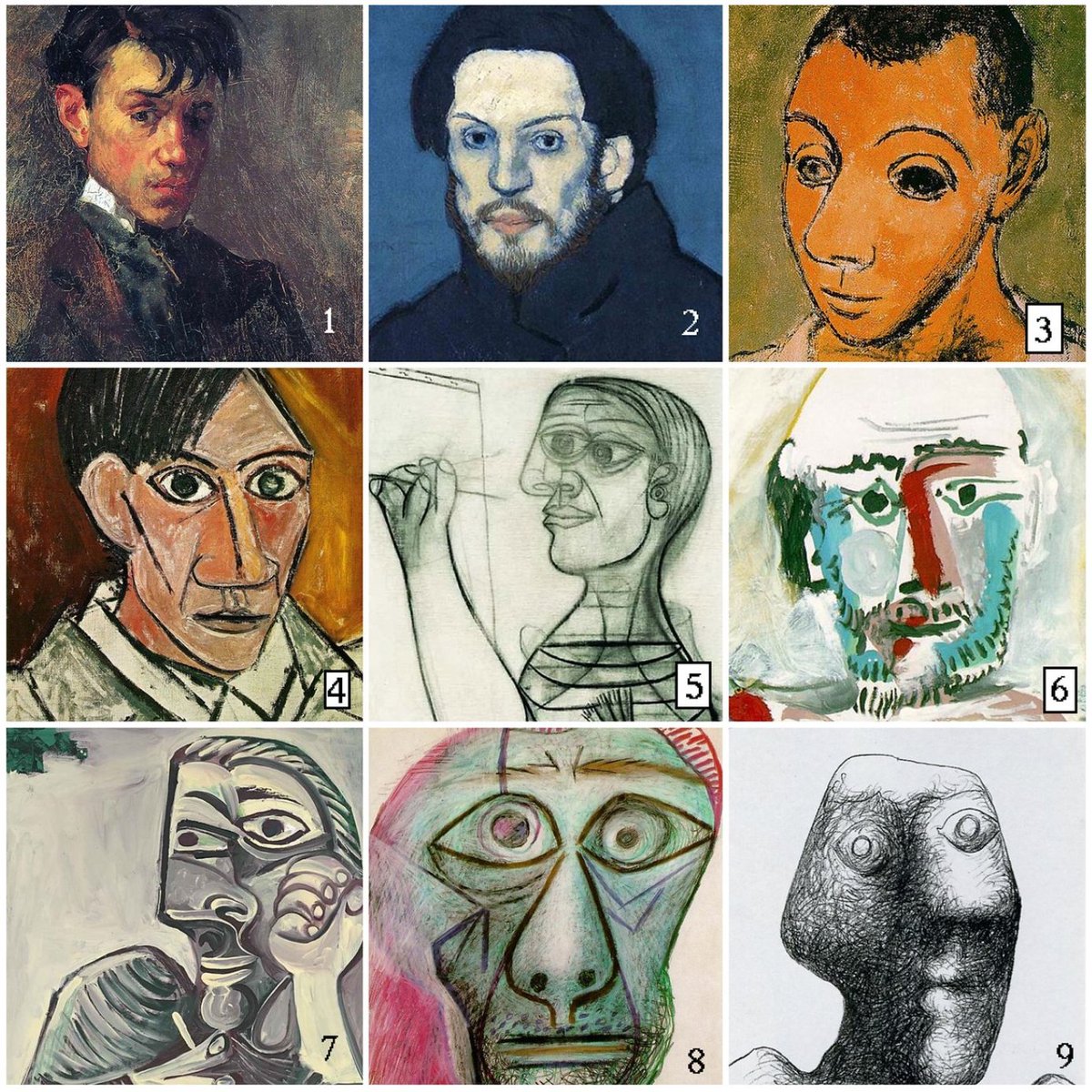100 years ago, a German historian noticed something:
All cultures have a set life cycle — you can predict when (and how) they'll end.
The early 21st century, he predicted, will spell disaster for big cities...
And a new Caesar shall rise... (thread) 🧵
All cultures have a set life cycle — you can predict when (and how) they'll end.
The early 21st century, he predicted, will spell disaster for big cities...
And a new Caesar shall rise... (thread) 🧵

Oswald Spengler saw cultures as distinct, living organisms.
They are destined to a cycle of birth, growth, decay and death...



They are destined to a cycle of birth, growth, decay and death...
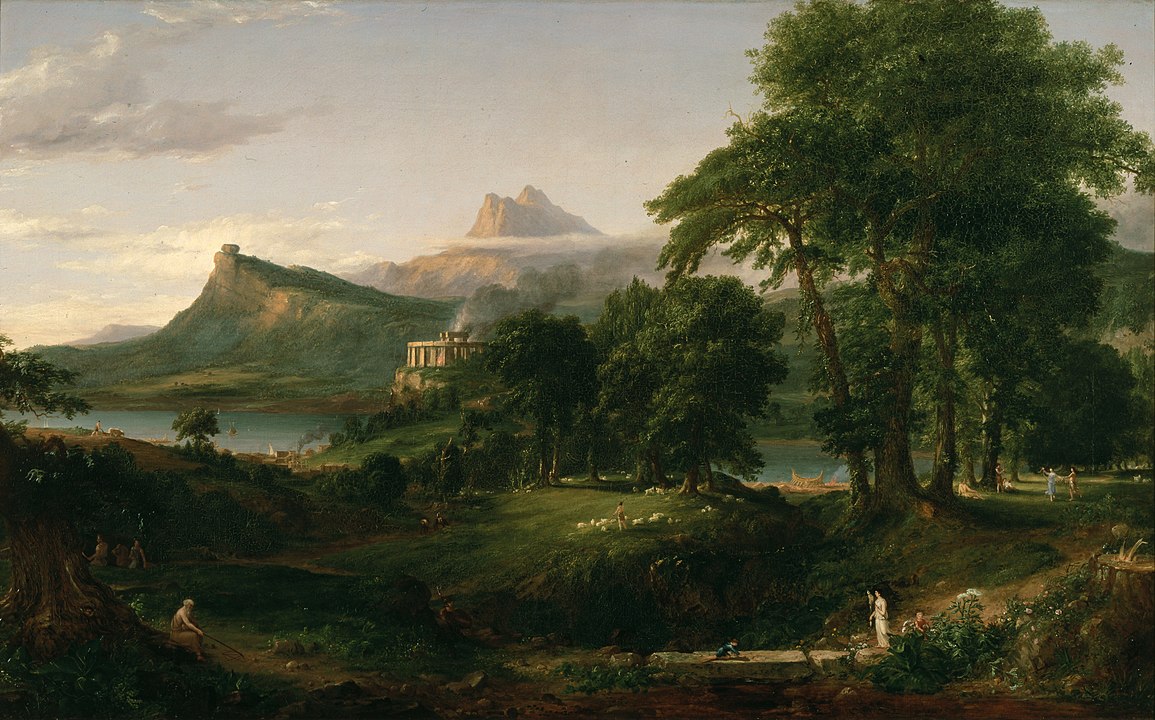
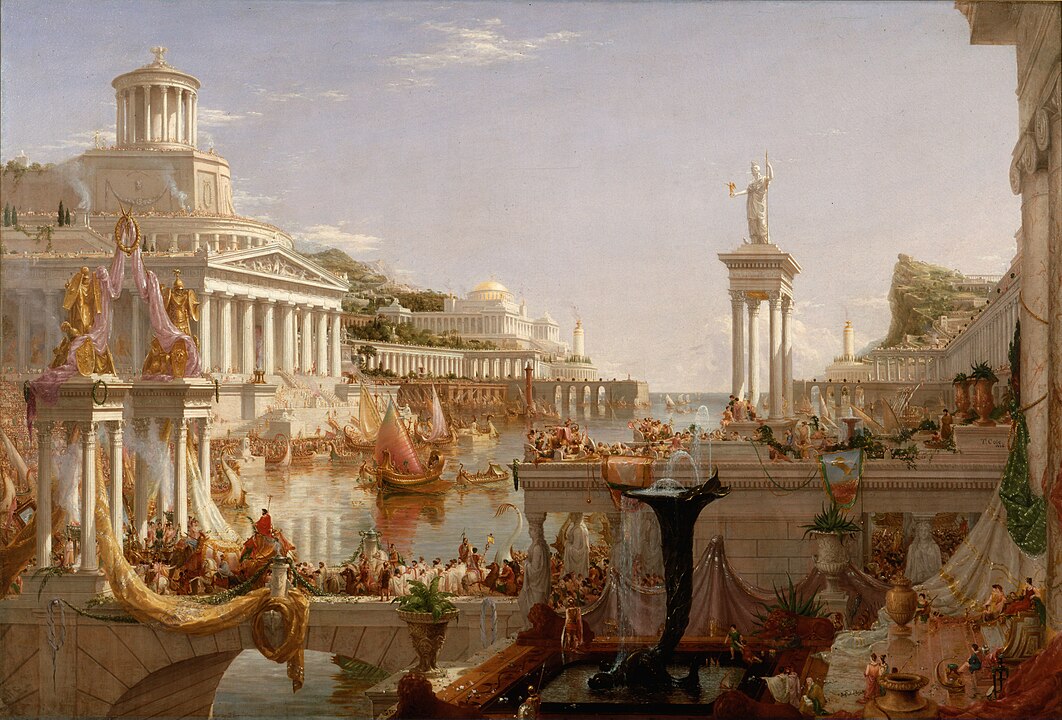

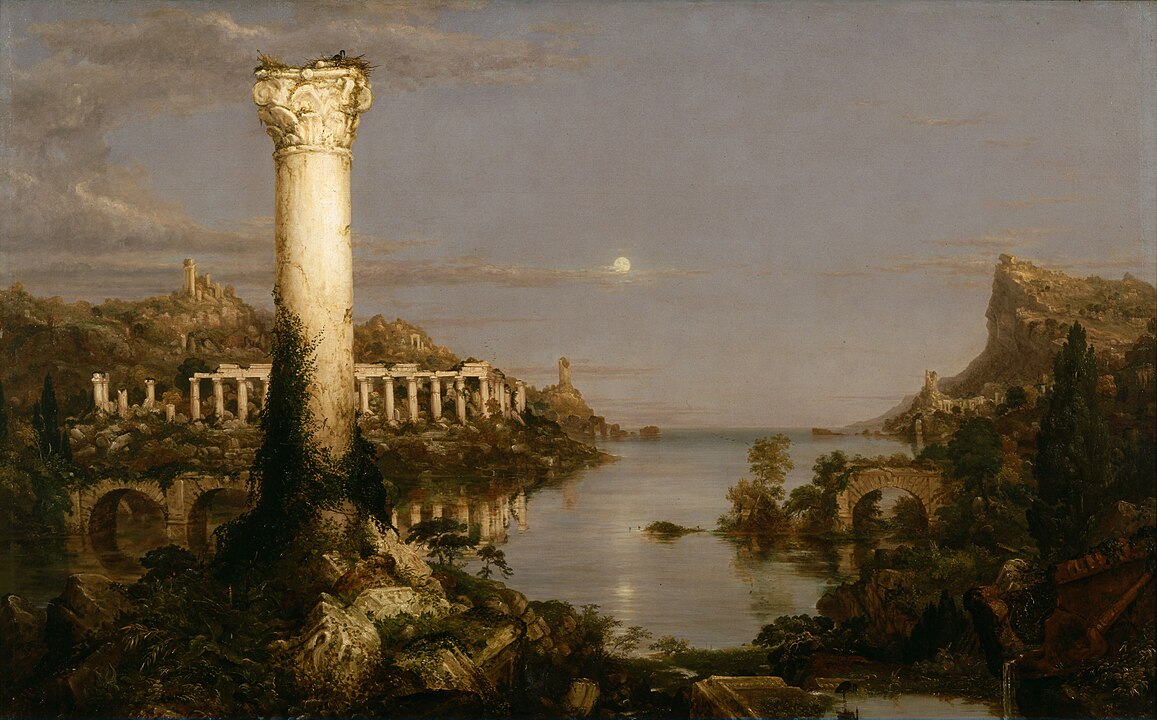
He smashed the idea of history as a linear progression, from ancient to medieval to modern.
In "The Decline of the West", he notes similarities across 8 cultures — from Babylonian to West European (Faustian).
In "The Decline of the West", he notes similarities across 8 cultures — from Babylonian to West European (Faustian).
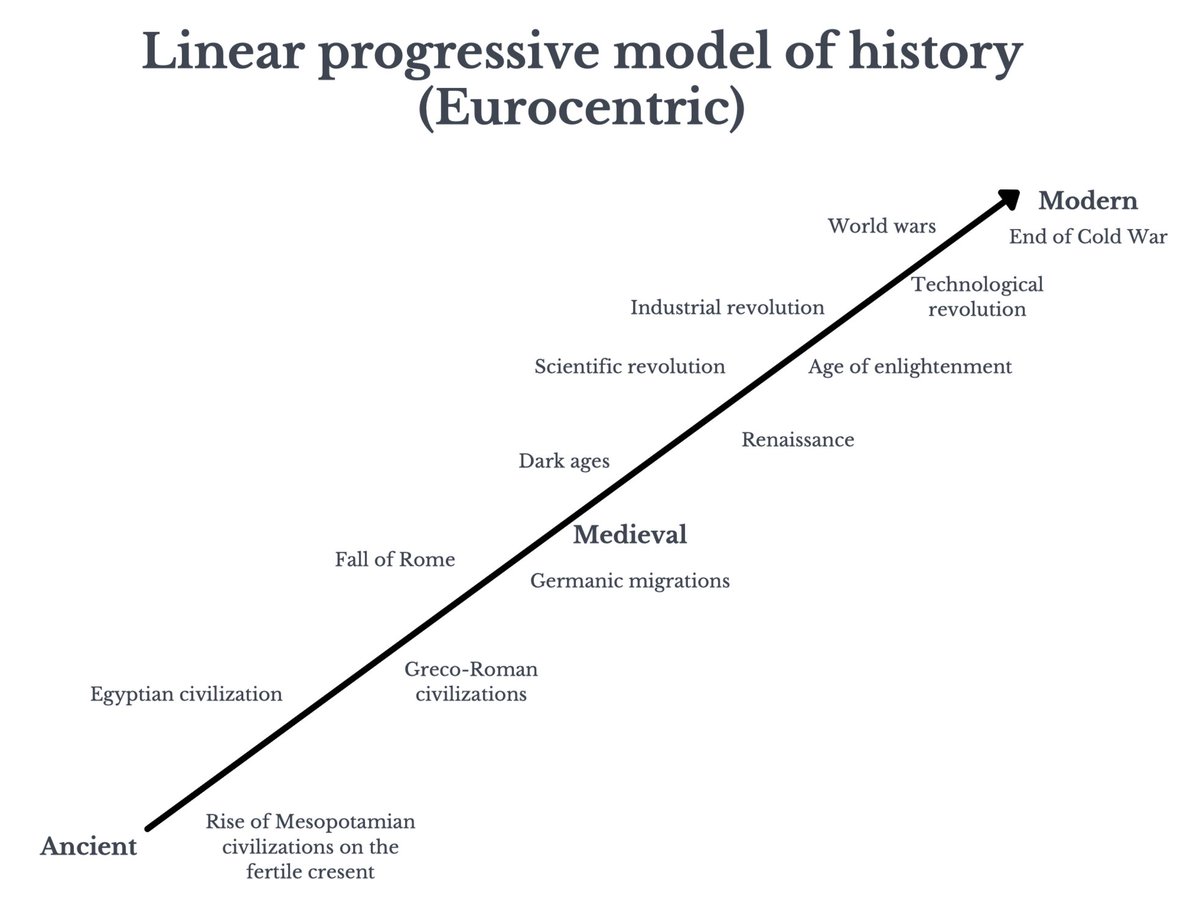
Why is our culture "Faustian", as he put it?
Because the West is driven by an insatiable desire for growth and knowledge — and will sell its soul to the devil for this end.
Because the West is driven by an insatiable desire for growth and knowledge — and will sell its soul to the devil for this end.
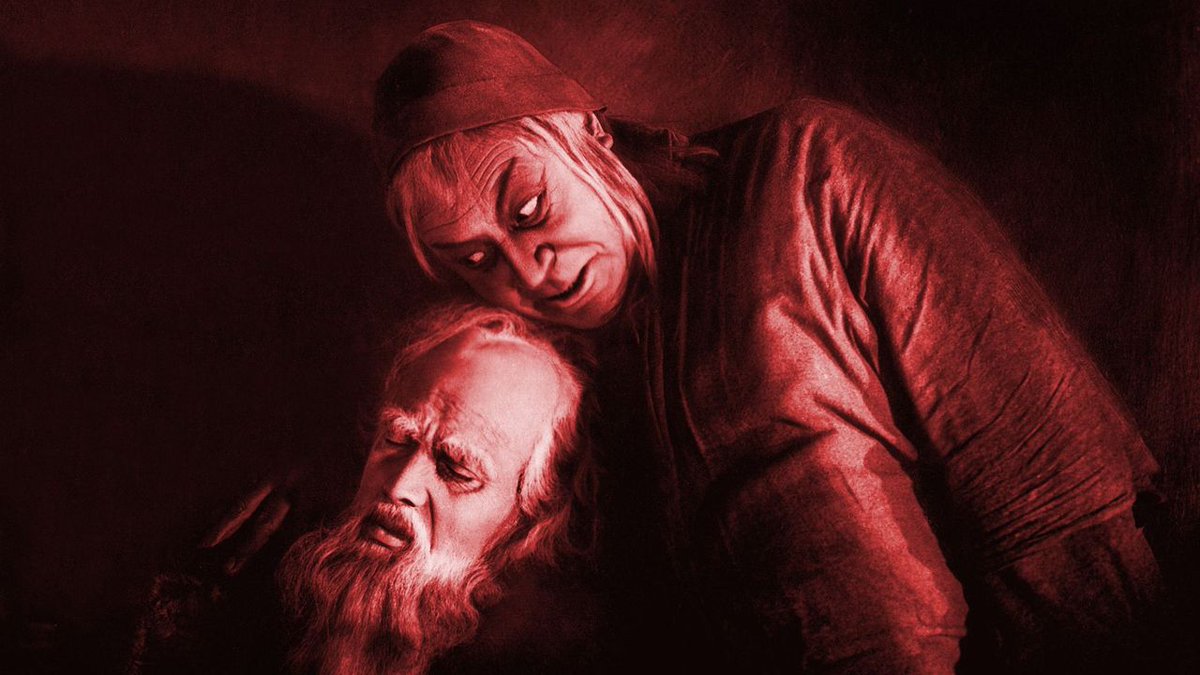
Spengler saw a culture's life cycle as akin to seasons.
First you have pre-cultural times ruled by barbarians — for us, late antiquity / early medieval Europe...
First you have pre-cultural times ruled by barbarians — for us, late antiquity / early medieval Europe...
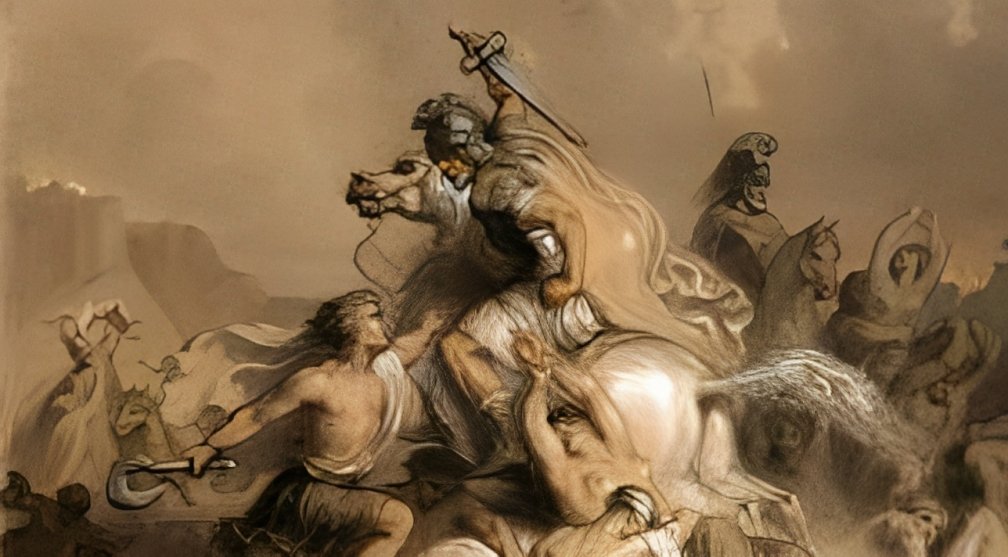
Then spring comes, bringing an age of faith and the first great intellectual creations.
The High Middle Ages were the height of spring, or the Old Kingdom in Egypt.

The High Middle Ages were the height of spring, or the Old Kingdom in Egypt.


In summer, a culture hits peak creativity and defines its distinct arts and sciences (Renaissance / Baroque).
They reach maturity in autumn (early 18th century), and art becomes more academic than innovative.

They reach maturity in autumn (early 18th century), and art becomes more academic than innovative.
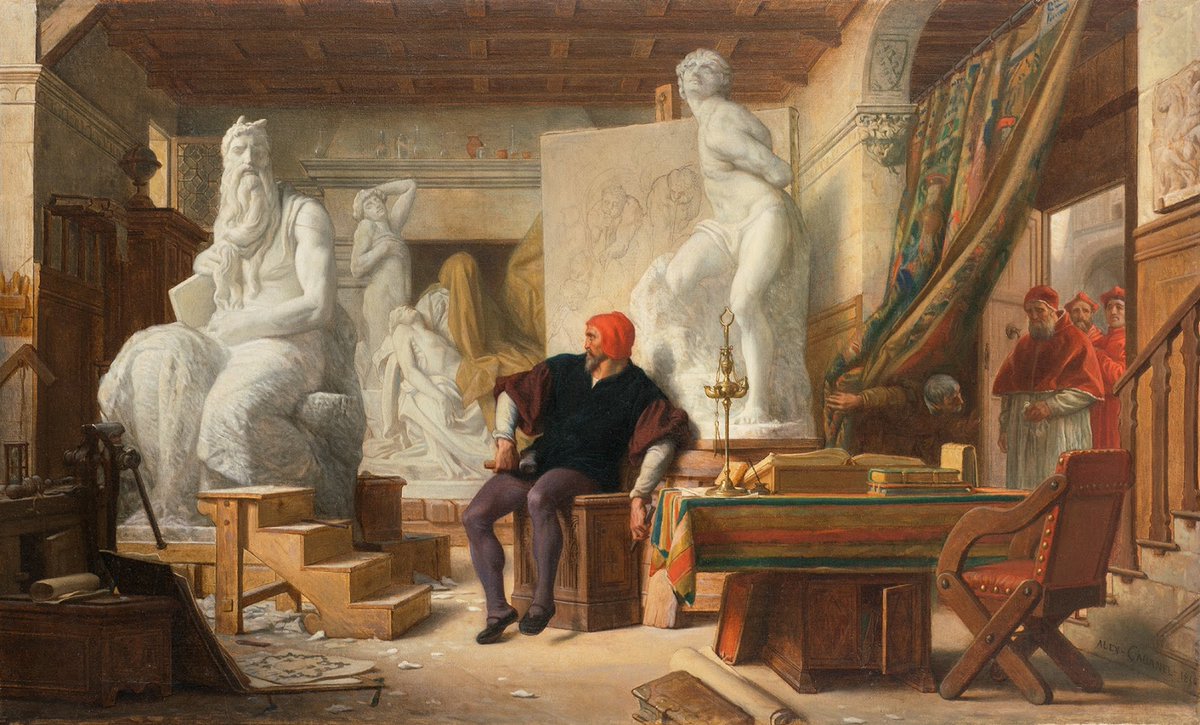

In winter, cultures become *civilizations* — like 19th / 20th century Europe.
Arts and sciences of past seasons are perfected and expanded, but nothing fundamentally new is created.
Arts and sciences of past seasons are perfected and expanded, but nothing fundamentally new is created.
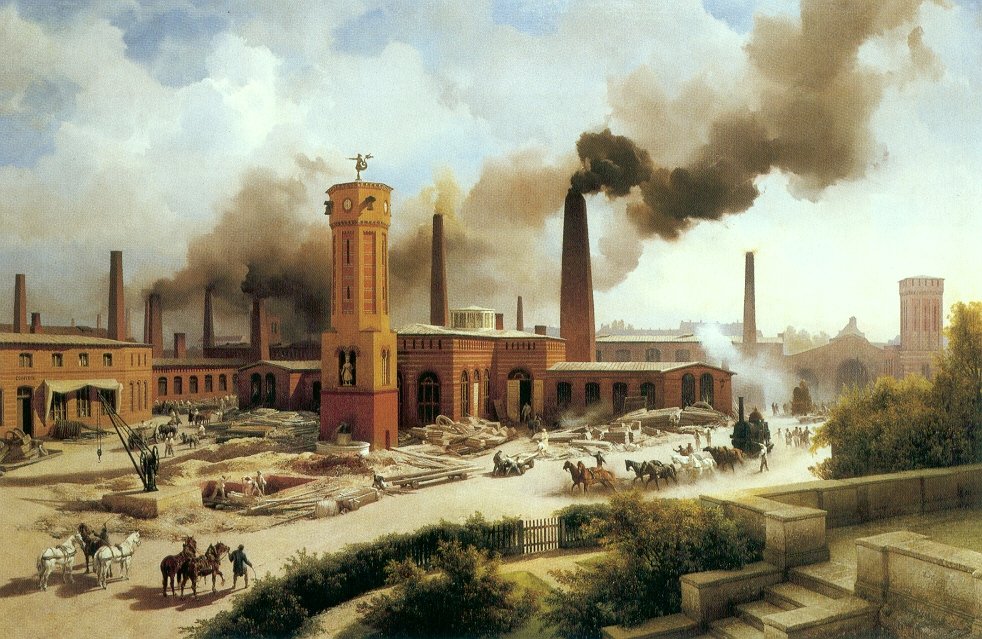
Winter marks the end of a culture's creativity and spirit.
E.g., Western art expressed what it set out to, then became mere individualism and commercialism. Civilizational energy diminishes in the same way.

E.g., Western art expressed what it set out to, then became mere individualism and commercialism. Civilizational energy diminishes in the same way.


So if Spengler was already in winter (died 1936), what about us now?
The early 21st century, he predicted, is when our culture faces major upheaval...
The early 21st century, he predicted, is when our culture faces major upheaval...
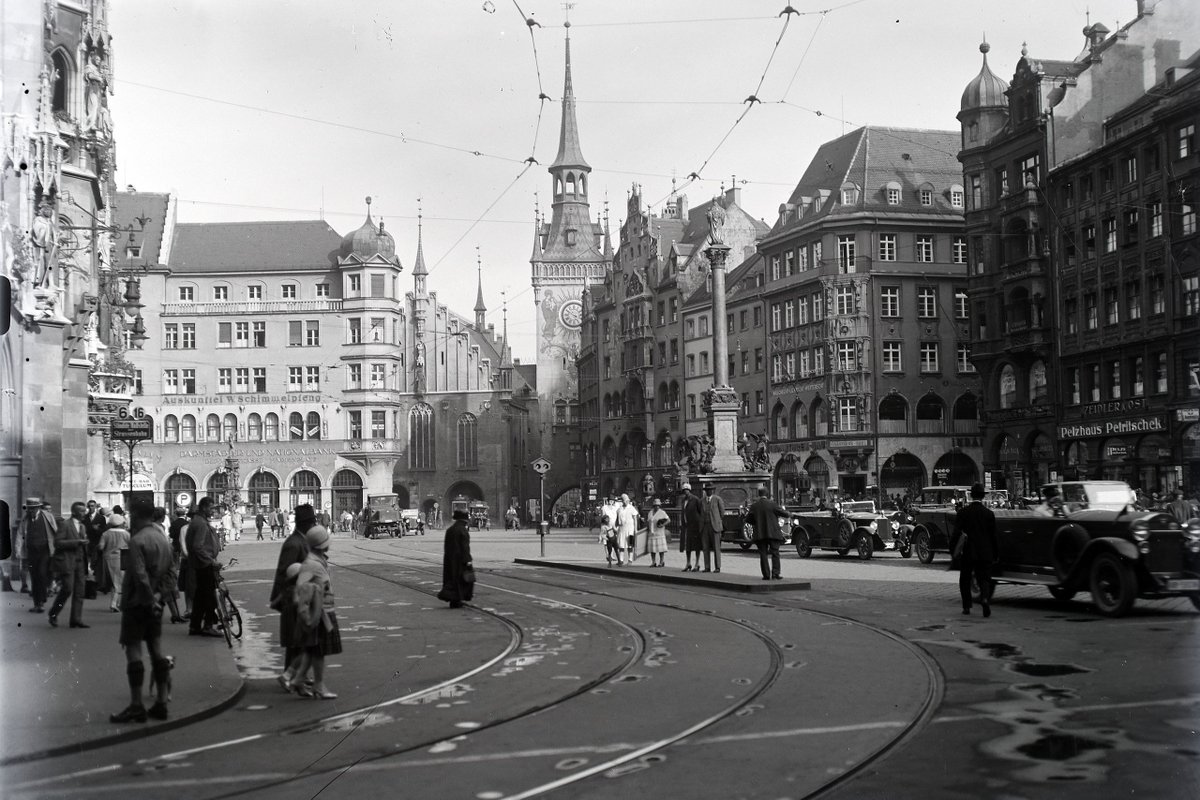
In Spengler's day, cities reached about 5 million people.
But he knew late civilisation would be marked by mega-cities of 10-20 million, incomprehensible in complexity.
But he knew late civilisation would be marked by mega-cities of 10-20 million, incomprehensible in complexity.

The problem of mega cities is that they atomize people and produce a rootless population.
The culture has no spiritual vitality or collective ideals at this point — only practical and material concerns.
The culture has no spiritual vitality or collective ideals at this point — only practical and material concerns.

When having children becomes a question of weighing the pros and cons, it's already over.
Spengler knew a collapse in birth rates was coming, despite himself living through a population explosion.
Spengler knew a collapse in birth rates was coming, despite himself living through a population explosion.
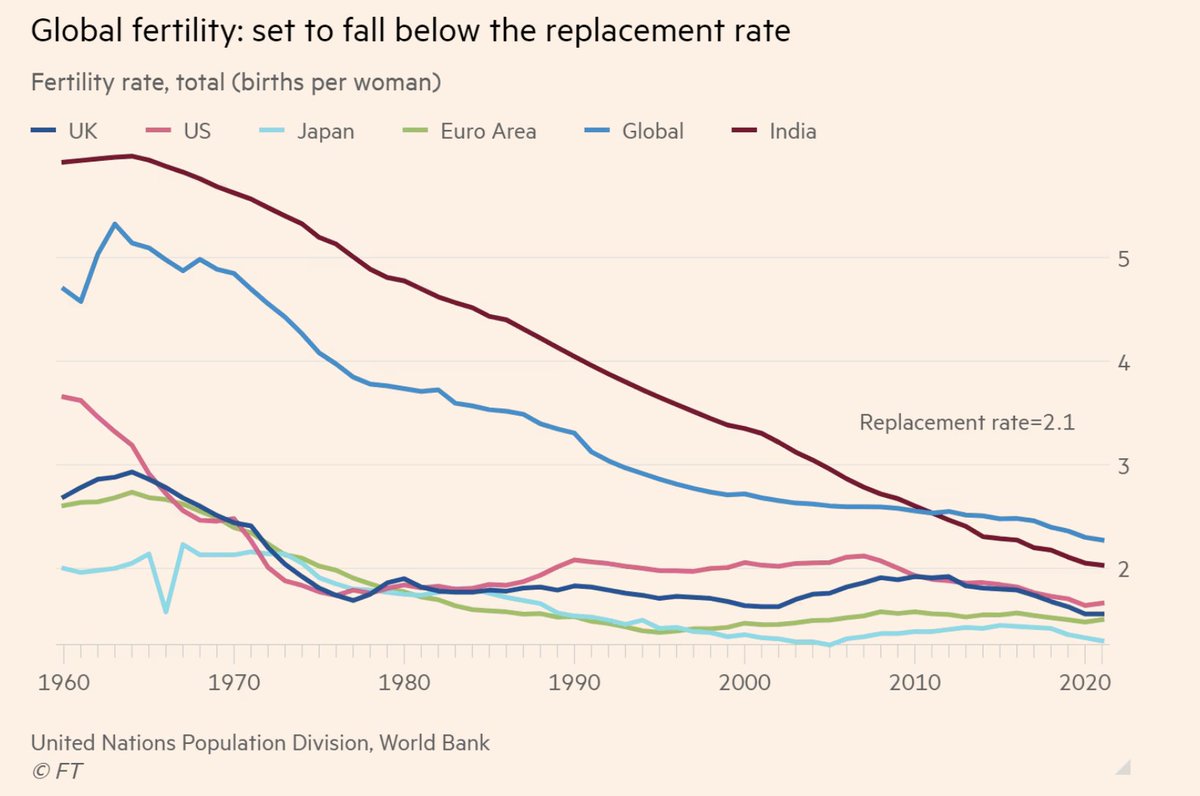
Another feature of the "civilization" state is that money replaces blood and tradition as the source of power.
And then corruption of the money hastens the demoralization of the people...
And then corruption of the money hastens the demoralization of the people...
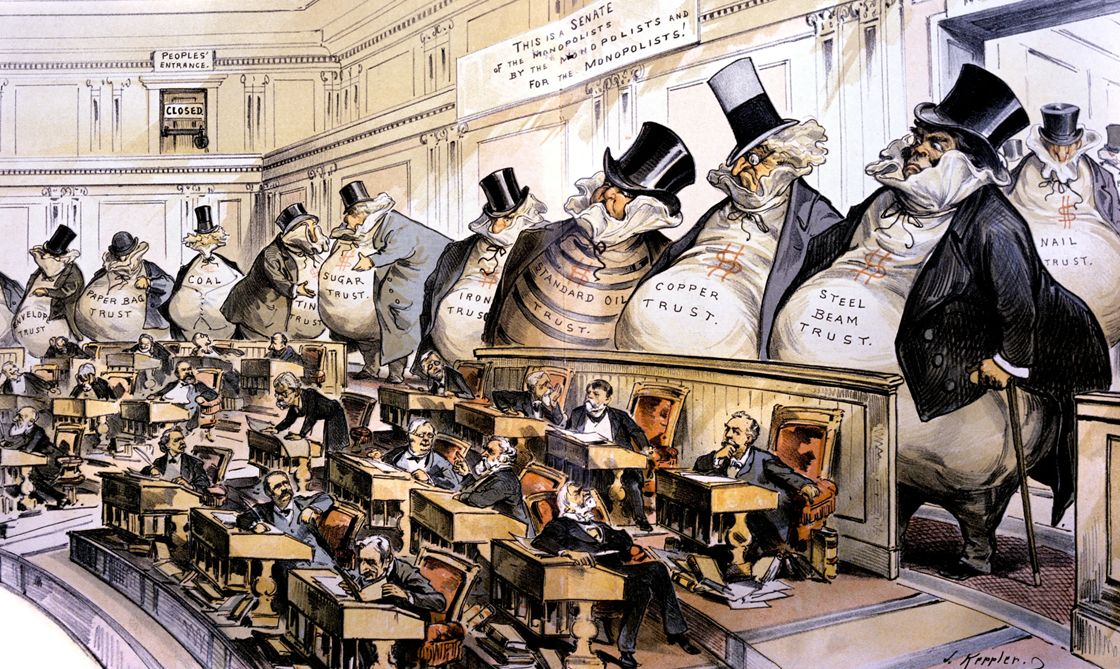
Democracies (products of mid-cycle cultures with strong collective ideals) become a problem — they cannot address the complexities of mega-cities.
Democracies become the political weapons of money.
Democracies become the political weapons of money.

They inevitably give way to bureaucracies and technocracies, further alienating the masses.
Or in other words: fertile ground for a strong and charismatic Caesar to come...
Or in other words: fertile ground for a strong and charismatic Caesar to come...
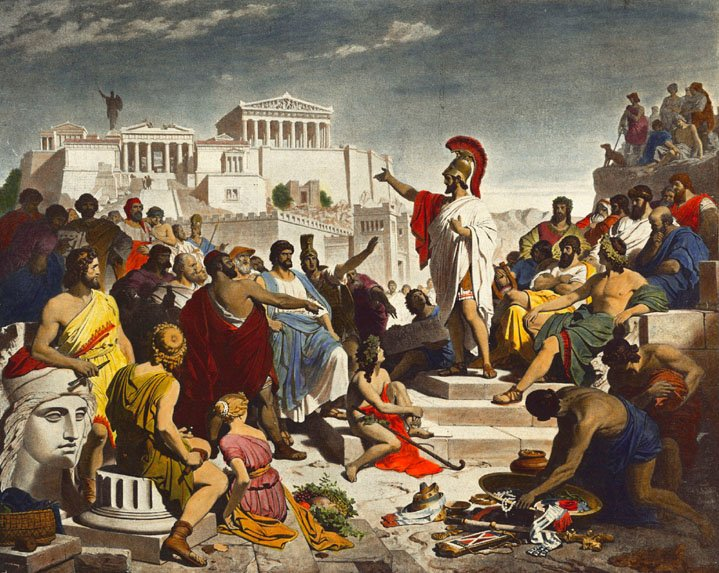
Spengler predicted that the 21st century would finally produce a new Caesar.
A weary democracy, corroded by money, will succumb again to the power of blood.
A weary democracy, corroded by money, will succumb again to the power of blood.

Caesarism, however, can never restart a culture in a profound way.
It is doomed to descend into banditry like 5th century Rome — to be supplanted by a new cultural force.
It is doomed to descend into banditry like 5th century Rome — to be supplanted by a new cultural force.
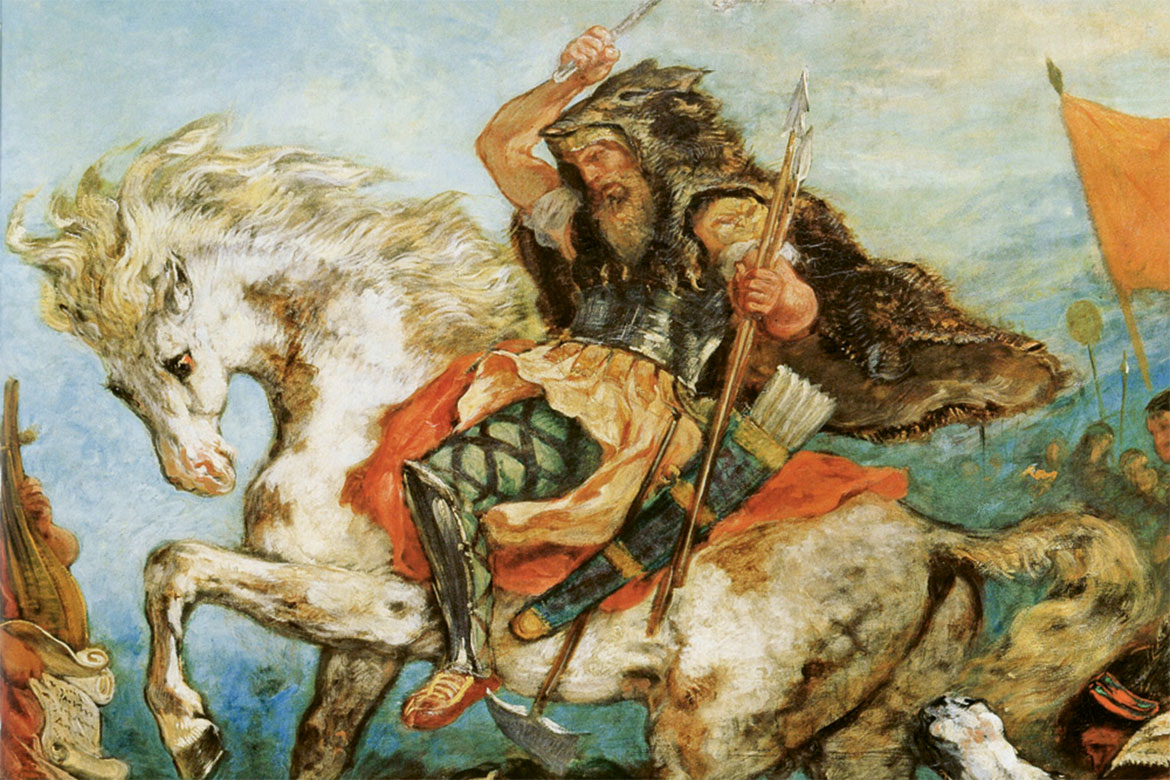
For Spengler, "world cities" were the hallmarks of late civilizational decline.
He predicted the main societal divide would exist between city folk and provincials — those still connected to the soil (from which all cultures begin).
He predicted the main societal divide would exist between city folk and provincials — those still connected to the soil (from which all cultures begin).

And people of the world cities, no matter how bad cities become, will defend them to their death.
“What makes the man of the world cities incapable of living on any but this artificial footing is that the cosmic beat in his being is ever decreasing"
“What makes the man of the world cities incapable of living on any but this artificial footing is that the cosmic beat in his being is ever decreasing"

If you enjoy these threads, join my FREE newsletter.
We will be going much deeper on Spengler...
100,000+ people read it: history, art, and culture 👇
culture-critic.com/welcome
We will be going much deeper on Spengler...
100,000+ people read it: history, art, and culture 👇
culture-critic.com/welcome
Also, the Oswald Spengler society is doing an incredible job carrying Spengler's important body of work forward.
Give them a follow @OswaldSpengle14
Give them a follow @OswaldSpengle14
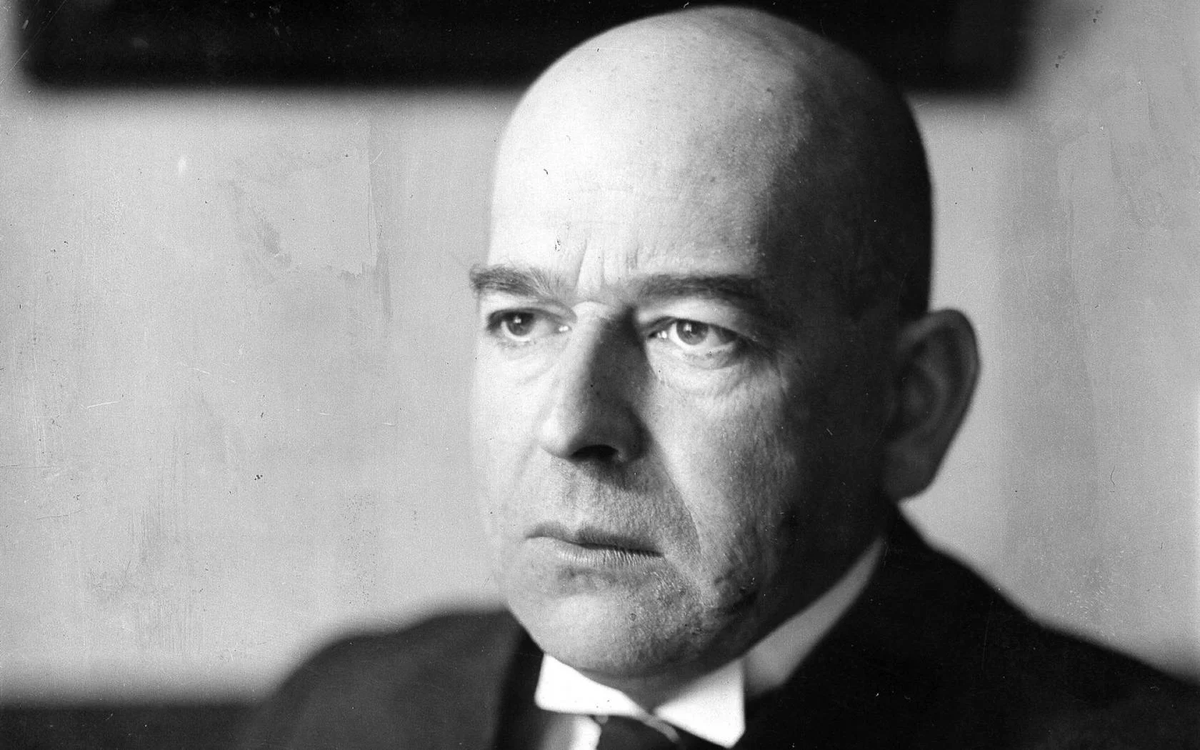
• • •
Missing some Tweet in this thread? You can try to
force a refresh


